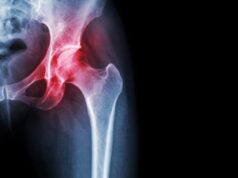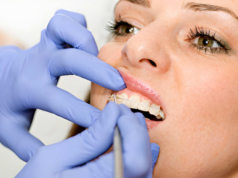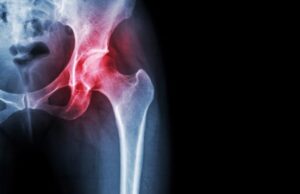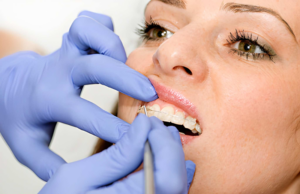Supporting retinal health requires consistent daily habits that protect and nourish these vital tissues. A retina, the light-sensitive layer at the back of your eye, needs ongoing care to maintain optimal function throughout your lifetime. Creating and following a comprehensive eye health routine incorporates multiple strategies to protect your vision. Nutritional support plays a central role in any effective eye health regimen. Research has identified specific nutrients that benefit retinal tissues, leading to developing specialised eye vitamins for macular degeneration areds 2 formulations based on major clinical studies. These targeted supplements contain precise combinations of vitamins and minerals that support and protect the macula, the central part of the retina that provides detailed vision.
Morning routine essentials
The first hours after waking provide perfect opportunities to incorporate eye-healthy practices. Starting your day with hydration supports overall circulation, including blood flow to the tiny vessels nourishing your retina. Many eye care professionals recommend drinking full water before morning coffee or tea to counteract overnight dehydration. Breakfast choices matter for long-term vision health. Incorporating colourful fruits and vegetables in your morning meal provides natural sources of carotenoids and antioxidants that benefit retinal tissues. Orange, yellow, and green produce contain valuable compounds supporting macular function throughout the day.
Midday nutrition strategies
Lunch and snack choices provide another opportunity to support retinal health through diet. The omega-3 fatty acids contained in walnuts, flaxseeds, and cold-water fish, contain compounds that may help maintain the structural integrity of retinal cells. These healthy fats serve as building blocks for cell membranes throughout the visual system. Antioxidant-rich foods help neutralise free radicals that accumulate through normal metabolic processes and environmental exposures. Berries, leafy greens, and colourful vegetables contain compounds that support the retina’s natural defence mechanisms. Including these foods regularly in your midday meals creates a consistent supply of protective nutrients.
Evening wind-down
- Reducing blue light exposure in the evening hours by activating night mode on devices
- Performing gentle eye exercises to relieve tension in the eye muscles after a long day
- Using preservative-free lubricating eye drops if experiencing dryness, particularly in air-conditioned environments
- Wash face thoroughly to remove makeup, pollutants and allergens that may irritate eyes overnight
- Positioning your head slightly elevated while sleeping to optimise circulation to ocular structures
Consistency matters
The actual value of any eye health routine emerges from long-term consistency rather than occasional efforts. Retinal tissues respond to sustained care over months and years. The more manageable habits you establish in your daily lifestyle, the more likely you are to maintain them over time. Tracking your eye health routine can reinforce your commitment to these practices. A simple checklist or digital reminder system helps maintain daily awareness of essential eye care steps. This systematic approach ensures you don’t overlook key elements of your retinal health program.
Regular professional eye examinations remain essential alongside daily self-care practices. Comprehensive dilated eye exams can detect early changes in retinal health before symptoms become apparent. Your eye care provider can make personalised recommendations based on your specific risk factors and examination findings. Integrating these elements into a consistent daily routine creates multiple layers of protection and support for your retinal health. This proactive approach offers the best strategy for maintaining visual function throughout your lifetime.











